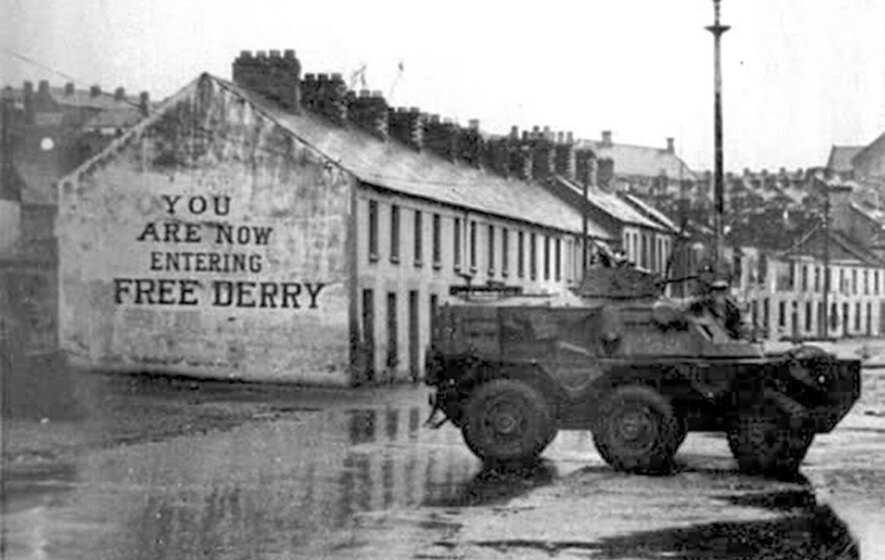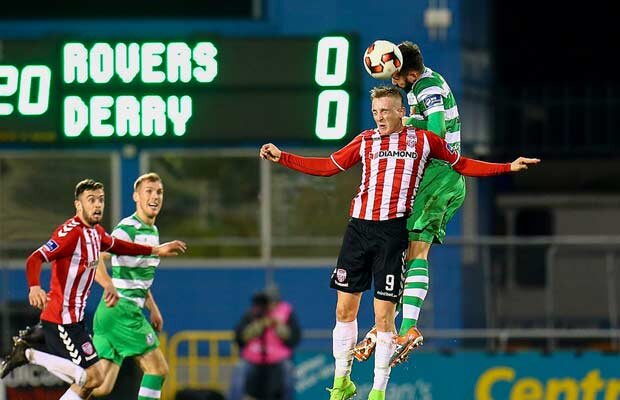Derry City FC | The Club That Barely Survived “The Troubles”
The period from 1969 to 1998 across Northern Ireland is known as “The Troubles”. A civil war fuelled by religious & social divides that touched every aspect of society, with sport being no exception.
During any war sport seems very insignificant, but football still continued throughout The Troubles almost as a form of escapism. Derry City Football Club felt the full impact of The Troubles, arguably more so than any other club at the time, but perseverance & opportunism meant that ultimately they survived.
Derry City FC was founded in 1928 & joined the Irish League in 1929, based out of their home ground The Brandywell in the south-west corner of the city of Derry. The next forty years was largely uneventful & their initial story is mirrored by many other football clubs around the world; becoming established, a slow but steady progression, their first trophy came in 1949 & eventually even European football arrived in Derry in 1964. However in 1968 everything changed.
A picture from the civil rights march in Derry in 1968 that is widely accepted as being the beginning of “The Troubles” | Photo Credit
Derry City & the Start of “The Troubles”
A civil rights protest by an oppressed Catholic people in the city of Derry in October 1968 was the spark that lit the fuse, which eventually escalated into a thirty-year long conflict known as The Troubles. Initially the Irish League & its matches were unaffected, despite the political situation around the city escalating violently.
The first footballing consequence of The Troubles for Derry City came when Belfast-based team Linfield FC refused to travel to Derry to play a scheduled away match, due to safety concerns. The IFA (Irish Football Association) sided with Linfield on the matter & Derry City had to play their “home” game in Coleraine, a town about 45km east of the city of Derry. The IFA cited the safety of the travelling Linfield fans as the major reason for the change of location.
The following season the IFA ruled that Linfield & another Belfast-based team Glentoran FC could not play their away games versus Derry City in Derry, again citing safety concerns for the travelling supporters as the reason. The IFA ruled the Derry City “home games” versus both Linfield & Glentoran would be played in Belfast.
Supporters of Linfield FC would traditionally be Unionist, Protestant & Pro-British | Photo Credit
Frustration with the IFA within Derry City & amongst the fans was at an all-time high now. They felt they were being unfairly treated as it had been deemed too unsafe for Linfield & Glentoran fans to travel to Derry for the games, but not too unsafe for Derry City fans to travel to Belfast.
The next blow for the club came in 1971 when during a game at The Brandywell versus Ballymena United, a local gang stole & burned-out the Ballymena team bus. This event coupled with the general unrest in the area surrounding The Brandywell, the Irish League with the backing of some of the other teams in the league, deemed the city of Derry too unsafe to host football matches.
Derry City pleaded their case to stay at The Brandywell but it was rejected. They then proposed to have their home games played in Limavady, 27km east of the city, or in Ballybofey, a town just over the border in the Republic of Ireland. But both locations were also rejected by the IFA.
With no other alternatives, Derry City FC agreed to play their home matches in Coleraine, where they had already played some games at this point.
Coleraine is just 45km from Derry & that might not seem like a huge distance to travel but given the region was at war with paramilitaries patrolling the roads & the general poor infrastructure in Derry at the time, it made the trip almost impossible for home fans to attend games.
British Army checkpoints along roads across the region was a common occurance throughout the conflict | Photo Credit
The Demise of Derry City FC
Derry City obviously suffered on the field as a result of playing their “home” games away from The Brandywell, in front of tiny crowds.
Derry City & the IFA had several rounds of discussions regarding the location of their home matches & the safety in policing these games. After some external pressure from another team in the league, Portadown FC, the IFA eventually agreed to a vote amongst all the teams in the league as to whether Derry City should be allowed return to The Brandywell.
The vote went as follows;
In Favour - Derry City, Portadown FC, Bangor FC, Cliftonville FC & Ballymena United.
Against - Linfield FC, Glentoran FC, Crusaders FC, Ards FC, Glenavon FC & Lisburn Distillery FC.
Abstained - Coleraine FC.
The motion was rejected by the other clubs in the league.
On the back of this rejection, Derry City pulled out of the league. They continued to play as Derry City FC, but began playing Junior Football, essentially a B standard to what they had been playing before. Despite numerous attempts, negotiations & pleas to the Irish League to have themselves reinstated, Derry City were rejected on every occasion.
Playing a poorer standard of football, not making any gate receipts & escalating conflict in the city, Derry City FC risked falling apart, so they had to come up with new ideas to rejuvenate the club. So the club’s hierarchy decided to look to the rest of Ireland for help.
What initially began as once-off friendly matches against Dublin-based teams such as Shamrock Rovers & Bohemian FC, the idea of playing in the League of Ireland began gathering momentum with huge crowds turning out for the games. On the back of these games, Derry City’s hierarchy then sought UEFA’s approval to have the club transferred into the League of Ireland.
Nowadays a meeting between Shamrock Rovers & Derry City is just a business-as-usual fixture in the League of Ireland | Photo Credit
Derry City join the League of Ireland
The League of Ireland has been in operation since 1921 & contains a whole host of high profile clubs from all across the country, such as Shamrock Rovers, Bohemian FC, Cork City FC & Dundalk FC. Since the outbreak of The Troubles there had been growing support in the Republic of Ireland for the Catholic people & their struggle in Northern Ireland. The idea of Derry City FC moving into the League of Ireland, in footballing terms, was a very popular proposition in the Republic or “down South”.
Derry City’s application to UEFA was eventually successful & in 1985, after almost 14 years in the footballing wilderness, Derry City Football Club, a team based in Northern Ireland, became a member of the Republic of Ireland run League of Ireland.
A mere two seasons later Derry City lifted their first league title. Over the course of their 35 year stay in the League of Ireland Derry City have experienced highs & lows both on & off the field; league & cup wins, European adventures, some financial difficulty, a stadium redevelopment, etc. But as any Derry City fan who is old enough to remember will tell you, these “lows” they might experience from time-to-time are minor speed bumps in comparison to the turmoil faced during The Troubles.
In 1989 Derry City recorded a famous treble, winning both cups & the league, just four years into life as a League of Ireland club | Photo Credit
There have been proposed talks on a number of occasions, to explore the possibility of Derry City rejoining what is now known as the NIFL Premiership, but to-date discussions have proven unsuccessful. Derry City FC seem perfectly content in the position they are in, plying their trade in the League of Ireland. The most likely scenario of Derry City lining up against Linfield FC or Ballymena United in a league game is under an All-Ireland league which has been debated & spoken about in recent years, but that is a whole other discussion for a different day.
More political instability in the form of Brexit is presenting potential challenges & opportunities for both leagues on the island of Ireland, but what is assured is that Derry City Football Club will be a central figure in any negotiations & dealings.
If they can survive The Troubles, they are more than capable of surviving whatever Brexit has to throw at them.






